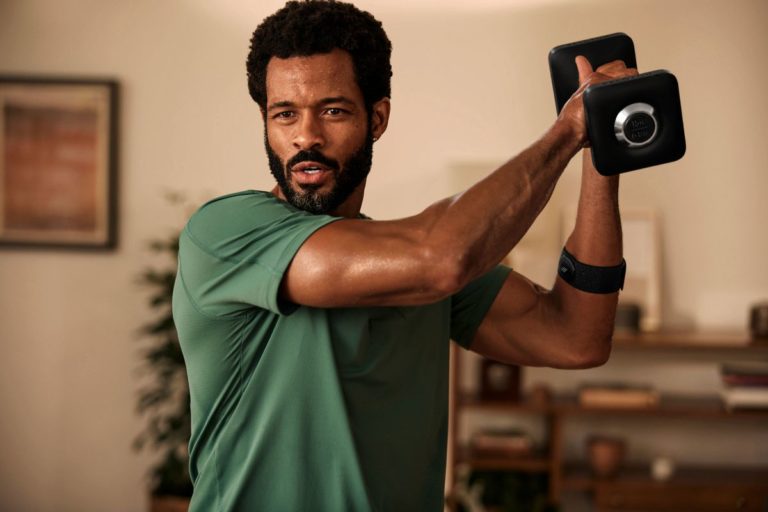Wellness, they say, is a journey. Unlike health, which is the state of being free from illness, wellness is more abstract. It’s a process, a pursuit, and, increasingly, an ideal.
The problem, of course, is that ideals only exist in our imagination, not reality. This fact helps explain why wellness is an especially elusive achievement as well as an extraordinarily lucrative industry. With no clear definition and no specific destination, as a consumer, wellness is whatever we believe it to be. And boy, do we want to believe.
Nowadays, that belief is a byproduct of the wellness industrial complex — a mesmerizing combination of medicine, magic, and marketing that has turned wellness, in all its forms, into a $4.2T behemoth.
From cannabis to real estate and even healthcare, you name the industry and it’s being rebranded as wellness. In theory, living in a world where the pursuit of well-being is ever-present sounds promising. But, whether or not we’re willing to admit it, the majority of what passes for wellness these days is actually pseudoscience — meaning there’s no scientific evidence to support many of the claims. Worse, the practice, treatment, or pill we swear by may have already been disproven.
So yeah, it’s complicated. And controversial, too.
On one hand, we’ve seen an erosion of trust in the traditional medical establishment. On the other hand, celebrity health gurus and wellness companies have exploited this void to perfection. Their playbook features elements of Eastern medicine coupled with spirituality, fearmongering, and common sense advice, all amplified by an aspirational celebrity lifestyle.
Is it ethical? Probably not. But it is a masterclass in marketing playing out on social platforms at scale. It’s so effective that it renders the research-backed approach of journalists, doctors, and scientists virtually useless. And it’s only going to become more challenging for the evidenced-based establishment to break through.
Here’s why: the future of the wellness industrial complex will be defined by celebrity influence perpetuated on social platforms.
Celebrity is inseparable from modern-day wellness. Armed with social media, we’ve never had more access to our most admired celebs (and influencers) — many of whom go to extraordinary lengths to improve their health. Because we literally want to be them, when it comes to their wellness or self-care routine, we’d pay almost anything to know their secrets.
Seizing on this opportunity, everyone from Gwyneth Paltrow, Bobbi Brown, and Kourtney Kardashian to Kevin Hart, Mark Wahlberg, and Tom Brady are slinging some kind of supplement, wellness advice, or both. And, as Axios points out, “being famous has never been more lucrative.”
Expanding on that sentiment, Jeremy Liew, a partner at Lightspeed Venture Partners, explained why celebrity-led brands will continue to find success. The answer, he tweeted, has a large part to do with Google and Facebook’s advertising duopoly. Paid ads are becoming increasingly expensive. But organic reach at the size and scale harnessed by most celebrities can be a gold mine. And because there are no alternative customer acquisition channels in sight, celebrities and influencers can call their own shot.
In the end, there are a couple of perspectives to consider. First, some might argue that this is simply a case of “buyer beware”. Consumers, they’ll say, should know the difference between opinion and fact. Others will blame physicians and the broader “sick care” industry for failing them. And consumers, for their part, are likely to double down on their extreme wellness routine, digging in their heels when confronted with facts.
On the flipside, a few obvious questions stand out. Do celebrities or influencers bear any responsibility for the products they sell or endorse? How about the brands or manufacturers that back them? Or the investors who continue to fund so-called lifestyle websites or disproven supplements?
Beyond placing blame, there’s also the question of what becomes of wellness? Surely the current trajectory of extreme, expensive, and exploitative isn’t sustainable. And if that’s true, can startups and entrepreneurs with a different—accessible, research-backed, results-oriented—approach succeed in reclaiming wellness?



